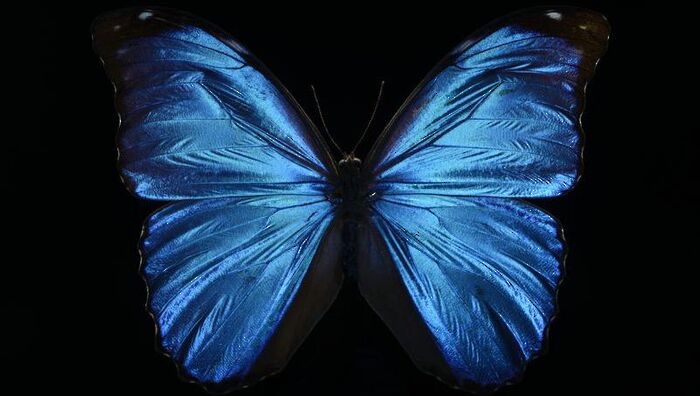The man who looked for life in soup
In his first column analysing the relevance of science to the big questions of life, Zak Lakota-Baldwin considers the development and definition of life, beginning with its start in a lab

We will never know for certain how life on Earth began. There is no way of (yet) going back to check, and the fossil record can only tell us so much; at this distant point in geological time, we are merely speculating. This hasn’t stopped scientists from trying, of course. Ever since Darwin mused about the first organism emerging from a “warm little pond”, there have been attempts to simulate the conditions of the young Earth and recreate the moment that lifeless chemicals gave rise to something more.
To date, there has not yet been a dramatic “It’s alive!” moment, with a bolt of lightning striking a potion, and a slimy head emerging before the eyes of scientists. Similar experiments have not been without their successes, however. Perhaps the most famous example is the Miller-Urey experiment of 1953, where a “soup” of reducing gases and water were exposed to an electrical spark, surprisingly resulting in the formation of multiple different amino acids essential to life.
At the time, the experiment was hailed as evidence for the primordial soup theory of life’s origin, and inspired many other attempts to synthesise organic molecules in an atmosphere believed to be similar to that of the Earth 3.5 billion years ago. Since then, the findings of Miller and Urey have fallen in and out of favour, as the consensus on the chemical makeup of the early Earth’s atmosphere has shifted in light of new research. A bigger issue emerges, though. While this laboratory synthesis has yielded some of the building blocks of life, life itself they are not.
Defining life has been a source of interest since ancient philosophers; and, as far as they were concerned, there was no ambiguity. Look at a dog, a horse, or a human – of course they are alive. Take a rock or a table, and the answer is clearly not. Only with the advent of evolutionary theory did it become necessary to confront the seemingly magical transition from organic chemistry to the first cell. The challenge facing anyone looking to describe the dawn of life is to formally quantify what exactly life is. Certainly, a single cell with its own genes and energy-generating machinery is alive, but such a thing could not have sprung fully formed from its chemical constituents.
While these are fundamental characteristics of cellular life, alone, none of them are defining traits. A more suitable answer, perhaps unexpectedly, may be found in thermodynamics. The Austrian physicist Ludwig Boltzmann was the first to describe life in untraditional biological terms, a “struggle for entropy”. Entropy is most straightforwardly defined as a measure of disorder, and the second law of thermodynamics states that the total entropy of an isolated system can never decrease over time. Erwin Schrödinger, in his 1944 book What is Life?, theorised that the only unique feature of life is its ability to persist by decreasing or maintaining its entropy. However, this is in no way a violation of the second law, as a living thing is not an isolated system – it may readily exchange matter with its surrounding environment while still maintaining its own internal order.
The debate is by no means closed, and discussions still prominent about the validity of applying a law traditionally used for chemical equilibria to biological systems. Excitingly, though, this working definition of life may allow us to better understand what to expect as we search for life on planets beyond our own. If life is universally characterised as something that decreases its own entropy, then we may be able to detect it even in unfamiliar forms, though perhaps not as we know it.
 News / SU reluctantly registers controversial women’s soc18 December 2025
News / SU reluctantly registers controversial women’s soc18 December 2025 News / CUP announces funding scheme for under-represented academics19 December 2025
News / CUP announces funding scheme for under-represented academics19 December 2025 Features / Should I stay or should I go? Cambridge students and alumni reflect on how their memories stay with them15 December 2025
Features / Should I stay or should I go? Cambridge students and alumni reflect on how their memories stay with them15 December 2025 Fashion / The art of the formal outfit 18 December 2025
Fashion / The art of the formal outfit 18 December 2025 News / Dons warn PM about Vet School closure16 December 2025
News / Dons warn PM about Vet School closure16 December 2025










